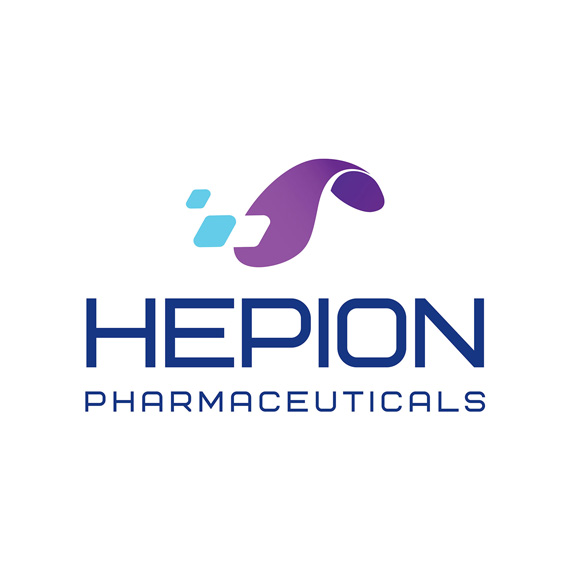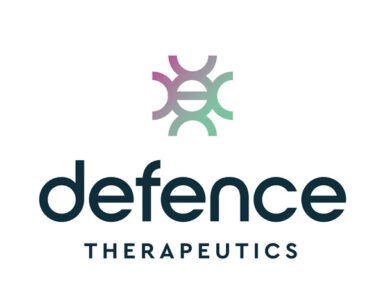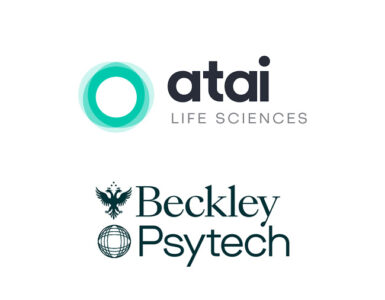
Hepion Pharmaceuticals (NASDAQ:HEPA) reported new research findings that discovered a mechanism by which the company’s lead drug candidate, rencofilstat, may exert anti-cancer activity.
The research examined rencofilstat’s effect on certain DNA sequences’ open-closed state (gene expression occurs from open-state DNA sites, whereas genes within closed regions are silent) in two liver cancer cell lines.
Some 4,500 sites were altered within one hour of treatment in both cell lines, slightly more than a chemotherapeutic compound, azacytidine, known to alter DNA structure. The opening or closing effect depended on the cell line. Rencofilstat predominantly closed DNA in the cell line in which it also suppressed cell growth, suggesting that the drug candidate’s anti-cancer effect was in part due to DNA closure and gene silencing.
Furthermore, DNA sites that were opened by rencofilstat were enriched for several well-known tumor suppressor genes; whereas a tumor-promoting oncogene, NOTCH1, was predicted to be silenced by rencofilstat. Overall, changes in gene accessibility produced by rencofilstat favored an anti-cancer mode of action.
The company is planning follow-up experiments to further understand rencofilstat’s impact on cancer cell growth.
“Anti-tumor effects of rencofilstat and other cyclophilin inhibitors observed in many preclinical studies have been attributed to several mechanisms, but changes in DNA accessibility and especially those that potentially limit oncogenesis have never before been reported for this class of drug,” Dr. Daren Ure, Hepion’s CSO, said in a statement.
“Knowing now that rencofilstat can modify DNA chromatin structure and regulate what genes are turned on and off gives us new appreciation for the scope of rencofilstat’s actions,” he added.
Dr. Robert Foster, Hepion’s CEO, said that he believes rencofilstat may be well-positioned to offer a unique approach to treating both non-alcoholic steatohepatitis (NASH) and hepatocellular carcinoma (HCC), as the diseases are often intertwined. “These newest findings reported today strengthen our resolve to initiate Phase 2 HCC trials pending adequate financial resources. More broadly, rencofilstat’s cumulative properties – liver-targeting, antifibrotic, anti-cancer, antiviral – reinforce Hepion’s focus on two of the most serious liver diseases of the day, NASH and HCC.”
Rencofilstat previously received orphan drug designation for the treatment of NASH. Hepion has also received FDA clearance to begin a Phase 2 clinical trial of rencofilstat in HCC, which remains the most common type of liver cancer, accounting for up to 90% of all primary liver cancers.






